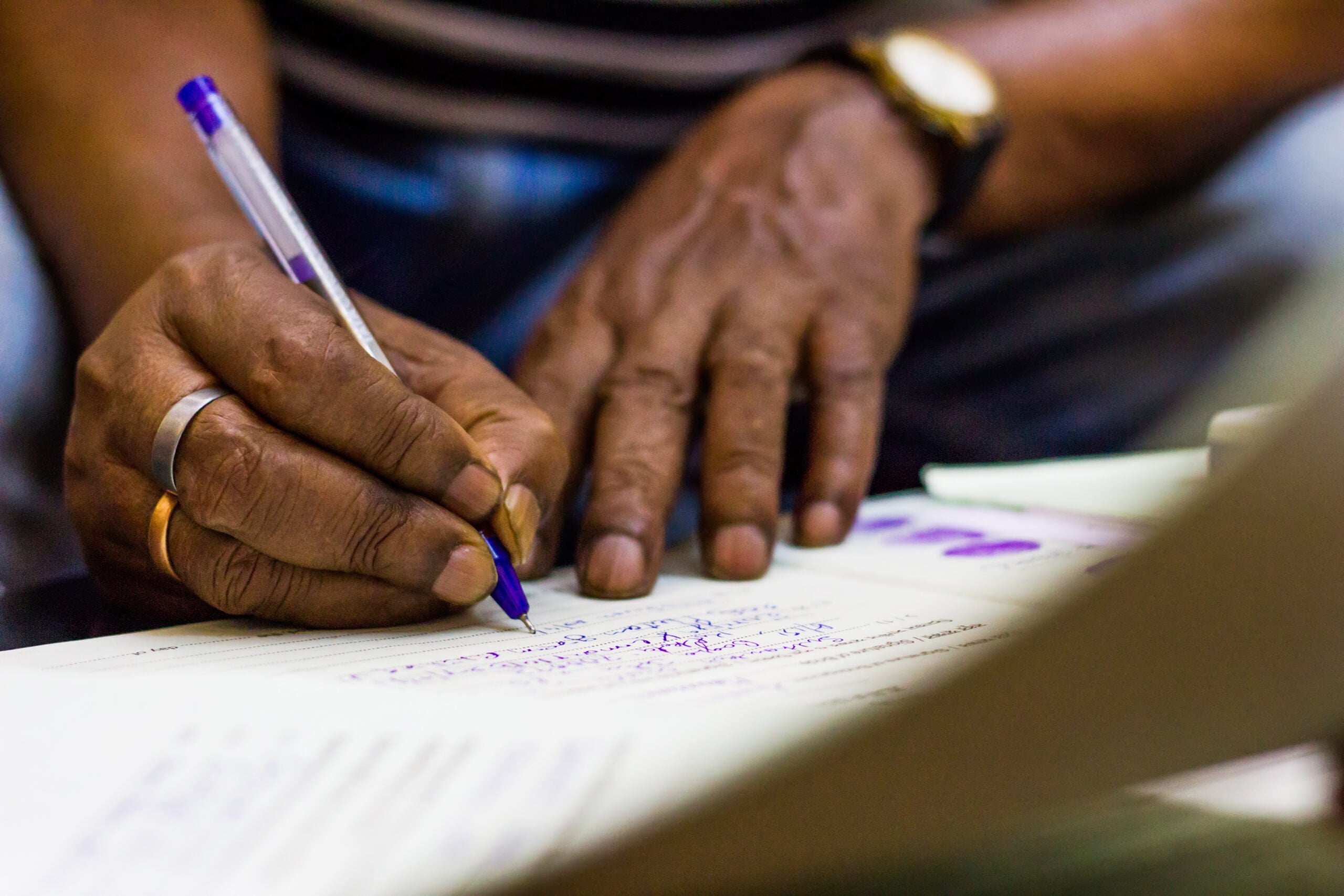
Losing a loved one is never easy. Amidst the grief, the legalities of settling their estate can feel overwhelming, especially in a complex legal landscape like Florida. Imagine Carlos, a young architect in Miami, grappling with the sudden loss of his father, the vibrant patriarch of their family. Now facing the unfamiliar territory of probate, Carlos wonders – where does he even begin? Fear not, Carlos. This guide to probate in Florida serves as your roadmap, demystifying the key steps of probate in Miami, Florida, empowering you to navigate this challenging time with clarity and confidence.
Understanding Probate in Florida
Probate is the legal process of administering the deceased’s estate, settling debts, and distributing assets to rightful beneficiaries. In Florida, probate is generally required for estates exceeding $60,000 or if there’s real property involved.
Initiating the Process
- Filing a Petition for Administration: This document, filed with the Miami-Dade County Circuit Court, officially begins the probate process and identifies the proposed personal representative (executor) who will oversee the estate.
- Gathering Assets and Debts: The personal representative compiles a comprehensive inventory of the deceased’s assets (property, bank accounts, investments) and debts (loans, bills).
- Notifying Heirs and Creditors: Legal notices are sent to inform potential heirs and creditors of the probate proceedings.
Managing the Estate
- Paying Debts: The personal representative uses estate funds to settle outstanding debts, prioritizing secured debts like mortgages before unsecured ones like credit cards.
- Valuing Assets: Assets are appraised to determine their market value, often by qualified professionals like appraisers or realtors.
- Tax Matters: Inheritance and estate taxes may apply, depending on the value of the estate and federal and state laws. Consulting with a tax advisor is crucial to ensure compliance.
Distributing Assets
Once debts and taxes are settled, the remaining assets are distributed to beneficiaries as outlined in the will, or according to Florida’s intestacy laws if no will exists.
Key Considerations:
- Small Estates: A simplified probate process exists for estates under $60,000, potentially streamlining the process.
- Will or Intestacy: Having a valid will significantly simplifies the process and ensures your wishes are respected.
- Seeking Professional Guidance: While this guide offers a general overview, consulting with a qualified probate attorney in Miami can provide invaluable guidance, especially for complex estates or legal challenges.
Remember, probate can be a complex and emotional process. By understanding the key steps, seeking professional guidance when needed, and approaching it with patience and care, you can navigate this challenging time with clarity and confidence.
FAQs
- How long does probate take in Miami? The timeframe can vary significantly depending on the complexity of the estate, potential legal challenges, and court processing times. Typically, expect it to take at least several months, and possibly longer for intricate cases.
- What documents do I need for probate? The required documents can vary depending on the specific circumstances. Consulting with an attorney can ensure you have everything necessary for a smooth process.
- Is probate mandatory in Florida? Probate is generally required for estates exceeding $60,000 or if real property is involved. However, exceptions may exist in certain situations.
Losing a loved one is never easy, but understanding the probate process can alleviate some of the burden. By taking proactive steps and seeking professional guidance when needed, you can honor your loved one’s legacy and ensure a smooth transition for yourself and your family.
910 Views












